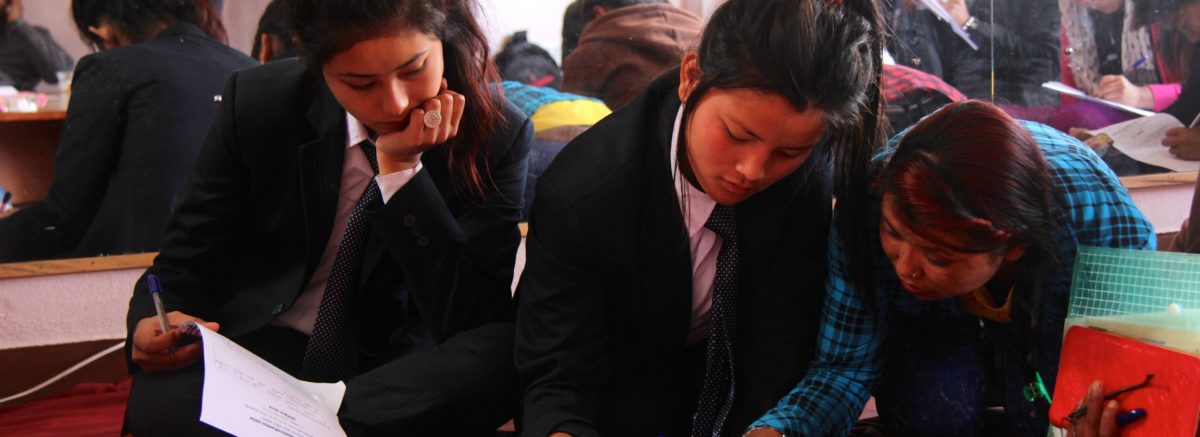It is well known that many migrant workers could mitigate the risks and challenges often associated with foreign employment if they were well-informed in their preparation stage: Knowing their rights, taking their loans from the right lenders, establishing a plan for their financial remittances, going through trustworthy channels, securing copies of their contracts and visas. These are just some of the issues that are crucial to know before leaving the country for foreign employment, but sadly so many remain ignorant to many of the best practices on these issues.
Our job is to be information and networking experts. We seek to disseminate information effectively, put migrant workers in strong and trustworthy networks, and refer victimized migrant workers and families to the right people who can fight for their rights. We provide prospective and current migrant workers with country-specific information in terms of local laws and processes. We support migrant workers to plan for the entire foreign employment cycle: not just their work, but their remittances and how they will reintegrate back to Nepal one day. We also target prospective migrant workers, students, women working in entertainment sectors, communities from where many migrant workers come, and other populations who seem to be especially likely to engage in foreign employment, to equip them with the right information, and challenge them to develop necessary skills before beginning the process of looking for foreign employment. All this is included in the “Information Sharing and Outreach Program to the migrant workers and their families” program that has been coordinated by SaMi/HEVETAS Swiss Intercooperation Nepal since April 2012.
As we have been active throughout Nepal, and especially in Kathmandu from where all documented migrant workers leave, we have collected lots of information on who is leaving for foreign employment, causes of leaving, and the kinds of problems faced by migrant workers throughout the foreign employment cycle. This has given us important data and understanding which can sharpen our work, as well as inform our advocacy to government bodies for the sake of policy change and implementation.
